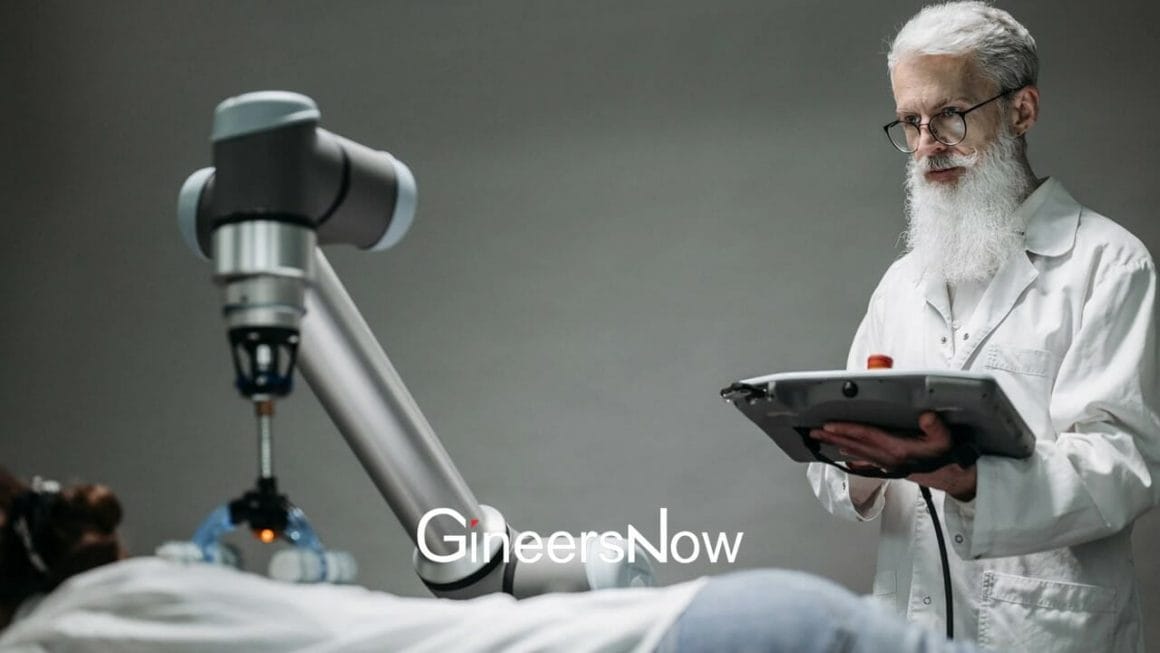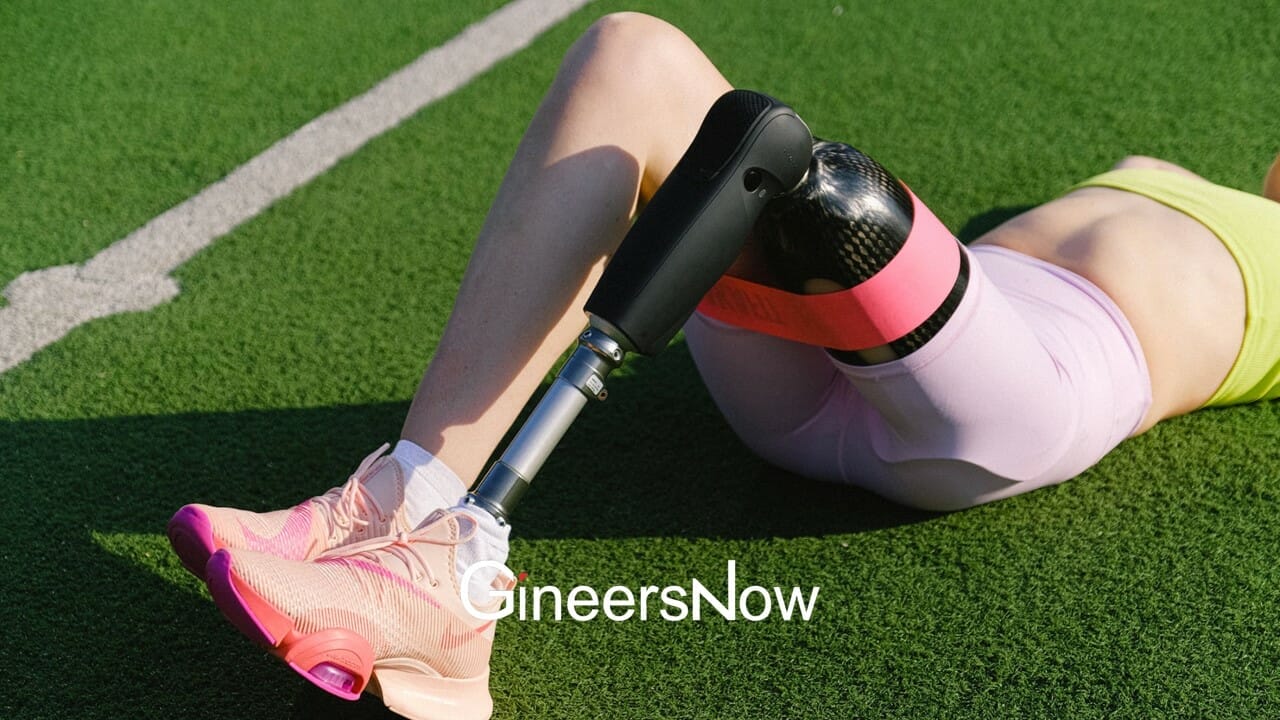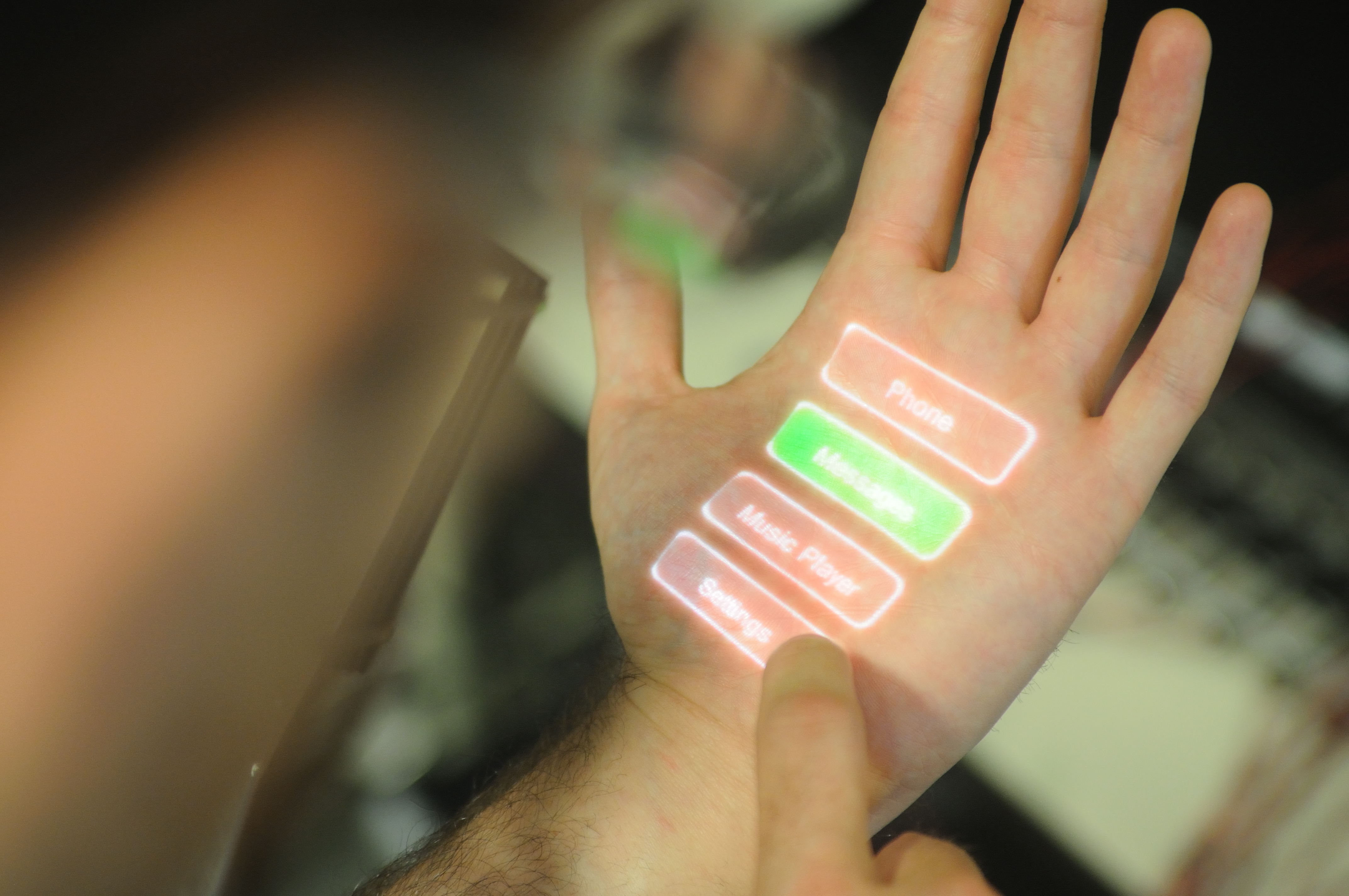Today’s world has seen a lot of innovation, ensuring that individuals live a life of fulfillment. These improvements can be experienced by all in different sectors. In healthcare, technologies through bioengineering have helped enhance the healthcare industry. The discipline of bioengineering, also known as biomedical engineering, combines the principles of engineering and the science of medicine to create solutions and improve the healthcare industry. To truly understand the importance of this discipline, it is important to look at how bioengineering is changing the healthcare industry. Below are a few.
1. Effective and practical prosthetics
Prosthetics are technological solutions used by patients with amputated limbs, such as the foot and arm. These artificial replacements help improve the quality of life as they make it easier to complete everyday tasks and move about with ease. However, to enjoy these benefits and ensure your prosthetics, bioengineers have created various software solutions to provide patients with practical solutions. This has been done in several ways. For example, by using computer-aided design, bioengineers can create prosthetics that would be comfortable and match your specific requirements. Additionally, the improvements in this space have introduced more prosthetic options to patients, such as bionic, robotic, and artificial prosthetics.
2. Adequate and efficient case management
Case management is a vital component of healthcare. This is because it accounts for the patient’s medical history and helps store their health history. However, this often means bulky folders and the risk of misplacing some information. Thankfully, engineers have identified the problem. A solution to this has been the creation of case management software. This software helps care providers in efficiently recording a patient’s case. For example, NDIS software makes it easy for National Disability Insurance Scheme providers to manage and support their clients, among other case management features.
3. The improvement of the dialysis machine
Kidney health issues are becoming a global concern as cases of such diseases increase at an alarming rate. This is illustrated by the statistics showing that more than 800 million people globally were affected by kidney health issues in 2022. In as early as 1940, the technological solution of the dialysis machine was introduced to help patients with damaged or dysfunctional kidneys. The dialysis machine acts as an artificial kidney, filtering through a patient’s blood to remove excess water, waste products, and toxins from the body. There are several forms of dialysis to ensure patients receive the help they need. Thanks to improvements in dialysis machines through bioengineering, patients can perform their dialysis at home. This helps them save more money as they do not need to take frequent trips to the hospital. Additionally, it removes the stress of waiting for an appointment or inconveniencing a loved one to go with you.
4. Introduction of surgical robots

That’s right! The 21st Century is witnessing the age of robotic surgeons designed and programmed to conduct surgeries on humans. First, you must note that these robots are not automated. This means human surgeons control them. Although this may seem far-fetched and probably out of a sci-fi movie, robo-surgeons benefit the medical field. For example, robots don’t get tired, make limited mistakes, and ensure precision.












